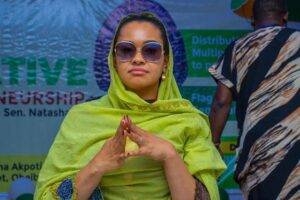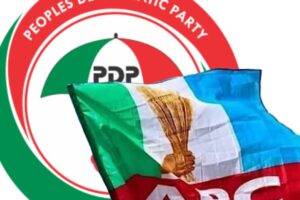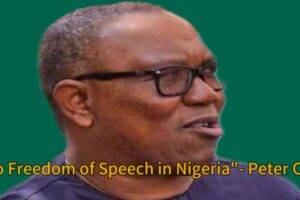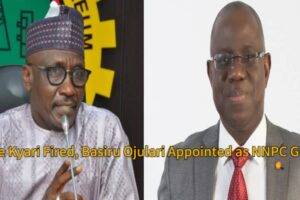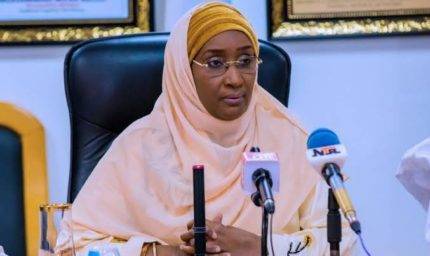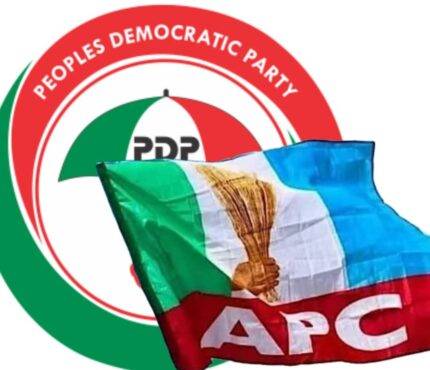The Economic and Financial Crimes Commission (EFCC) has taken a significant step in its ongoing investigation into an alleged money laundering case involving the former Minister of Humanitarian Affairs, Sadiya Umar-Farouq. The probe focuses on the staggering amount of N37,170,855,753.44 believed to have been laundered under her watch through a contractor named James Okwete.
The EFCC, in a formal document, stated that the investigation centers around the Ministry of Humanitarian Affairs, Disaster Management, and Social Development during Sadiya Umar-Farouq’s tenure as the minister. The commission has requested the former minister to appear for an interview at the EFCC headquarters in Jabbi, Abuja, on Wednesday, January 3, 2024, at 10 am. The document, citing legal grounds under Section 38 (I) of the Economic and Financial Crimes Commission (Establishment) Act, 2004, and Section 21 of the Money Laundering (Prohibition) Act, 2011, outlines the basis for the summons.
Allegations Against Sadiya Umar-Farouq
The EFCC’s invitation follows specific allegations of fraudulent activities during Sadiya Umar-Farouq’s tenure as the Minister of Humanitarian Affairs. The document suggests a connection between the former minister and the large sum allegedly laundered through the contractor, James Okwete.
The commission has not disclosed detailed information on the nature of the alleged fraudulent activities. However, the summons indicates a serious concern regarding the misuse of funds designated for humanitarian efforts, disaster management, and social development under the ministry’s purview. The public awaits the former minister’s response and hopes for transparency in the investigation process.
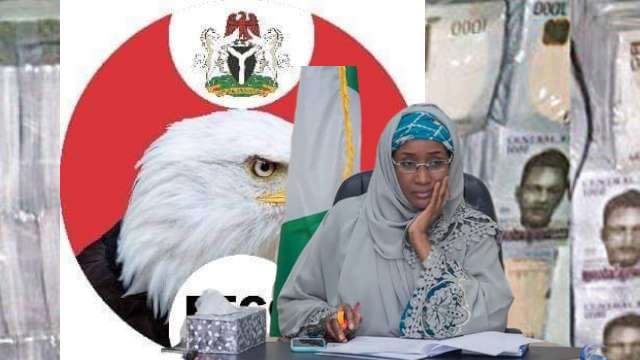
EFCC’s Legal Basis for the Summons
The EFCC, in its document, emphasizes the legal foundation for summoning Sadiya Umar-Farouq, citing specific sections of the relevant laws. Understanding these legal grounds provides insight into the commission’s authority to conduct such investigations.
Section 38 (I) of the Economic and Financial Crimes Commission (Establishment) Act, 2004, empowers the EFCC to compel individuals to provide information in matters related to economic and financial crimes. Additionally, Section 21 of the Money Laundering (Prohibition) Act, 2011, reinforces the commission’s jurisdiction in cases involving money laundering. The legal framework underscores the seriousness of the allegations and the commission’s commitment to upholding the rule of law.
Response from Sadiya Umar-Farouq’s Camp
As news of the EFCC’s summons circulates, there is anticipation regarding how Sadiya Umar-Farouq and her legal team will respond to the allegations. The public is eager to understand her perspective and any potential defense against the accusations.
As of now, there has been no official response from Sadiya Umar-Farouq or her representatives. The former minister’s response will likely shape public opinion and influence the trajectory of the investigation. This unfolding scenario highlights the importance of transparency and accountability in matters of public office.
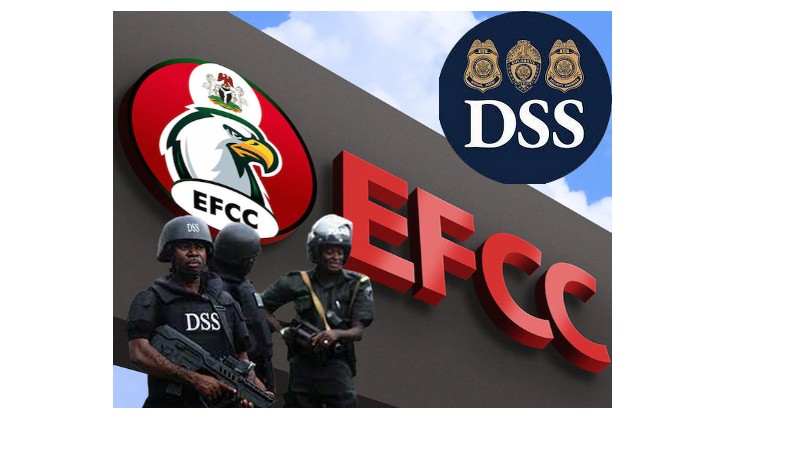
Political Ramifications
The investigation into a former minister of the federal government carries significant political implications. The unfolding events may impact public trust, government credibility, and political alliances. Observers are keen to see how the situation evolves in the context of Nigerian politics.
The potential political fallout from this investigation could extend beyond individual culpability. It may cast a shadow on the governance and oversight mechanisms within the Ministry of Humanitarian Affairs, Disaster Management, and Social Development. The public’s perception of the government’s commitment to combating corruption and ensuring accountability is at stake.
Implications for Humanitarian Programs
Beyond the political and legal dimensions, the allegations of money laundering raise concerns about the impact on ongoing humanitarian programs. The Ministry of Humanitarian Affairs plays a crucial role in addressing disaster-related challenges and supporting vulnerable populations. The investigation’s outcome may have repercussions for these vital initiatives.
The allegations, if proven true, could jeopardize the effectiveness of humanitarian efforts and social development programs. It underscores the need for a robust oversight mechanism to ensure that funds allocated for critical initiatives are utilized judiciously. The public will closely monitor the investigation’s progress and its potential ramifications on the continuation of essential services for those in need.
Table of Contents
Discover more from OGM News NG
Subscribe to get the latest posts sent to your email.

